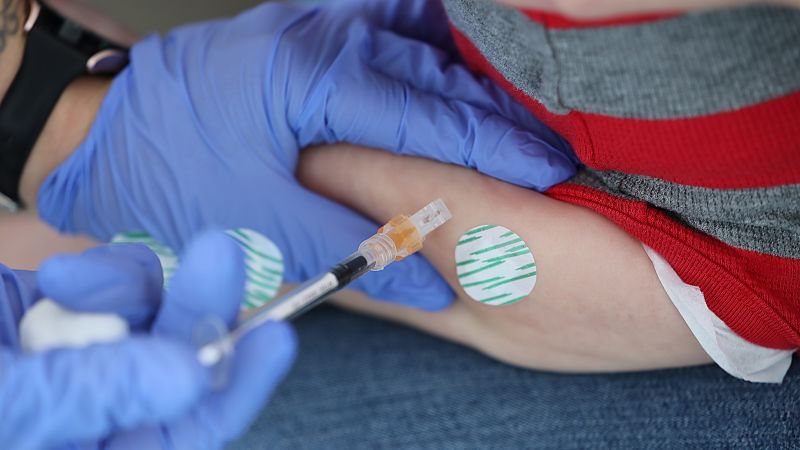In recent developments, the US Department of Health and Human Services (HHS) has initiated restrictions on the approval and distribution of certain vaccines, leading to heightened concerns about vaccine accessibility. In response, various states and nonprofit sectors are mobilizing efforts to ensure that vaccines remain available for those who seek them. The situation has prompted these groups to act urgently amidst federal health policy shifts, especially in relation to public health infrastructure which is currently under strain due to significant budget cuts.
The efforts underway have been characterized by shaking faith among the public. An official familiar with the discourse noted that fragmentation in the health messaging from federal to local levels is disconcerting to many. “When you start splintering the message from the federal government down to states and local health departments, people end up losing faith in everybody. They don’t know who to believe,” the official remarked, highlighting the disarray in public communication concerning health measures.
Groups are establishing expert panels to evaluate the latest scientific findings regarding vaccines, similar to the Advisory Committee on Immunization Practices (ACIP) operated by the CDC for over six decades. Nine states have formed the Northeast Public Health Collaboration, comprising diverse health officials from various jurisdictions. Their focus is to address federal support gaps in crucial public health narratives, particularly concerning vaccine procurement, pandemic readiness, laboratory services, and epidemiological studies.
A notable case is Maine, which recently removed any reference to ACIP within its vaccine procurement laws, opting instead for a more independent path to vaccine acquisition that isn’t tied strictly to federal programs. This legislative shift indicates proactive regional measures aimed at sustaining vaccine accessibility, fueled by fears that existing federal programs may also be compromised over time. While specifics of this collaboration remain ambiguous, those involved emphasize the commitment to sharing information rather than replicating federal strategies.
New York State, similarly, has asserted its determination to maintain public health service access while keeping an open dialogue with partner states. The Massachusetts Department of Health echoed this sentiment, putting a spotlight on its engagement with health policies that guarantee continuous access to evidence-based vaccines amid changing federal directives.
In a parallel move, Colorado has enacted legislation ensuring ongoing coverage for preventive services, including vaccines, independent of potential shifts in federal recommendations. This law empowers state health authorities to design rules based on existing recommendations, indicating a robust effort to preemptively navigate federal variability.
Compounding these issues, HHS Secretary Robert F. Kennedy Jr.’s controversial decision to bypass ACIP’s established protocols on COVID-19 vaccine recommendations for specific populations raised alarms. His subsequent dismissal of all ACIP members, replacing them with individuals who harbor skepticism about vaccine safety, has triggered alarming reactions within state health departments, fostering a climate of uncertainty regarding future vaccine policies.
The ramifications of these changes extend beyond immediate vaccine access. ACIP’s guidelines are intertwined with state laws allowing a variety of health care professionals, including pharmacists, to administer vaccines based on these federal recommendations. Should ACIP’s framework be altered, ramifications on the delivery capabilities of various professionals might occur, thereby affecting public health on a macro scale.
Amidst this backdrop of state level legislative maneuvers, nonprofit initiatives are also surfacing, aimed at sustaining vaccine access. One significant project is the Vaccine Integrity Project, coordinated by the Center for Infectious Disease Research and Policy at the University of Minnesota, with resources provided by philanthropist Christy Walton. This initiative is geared towards countering vaccine misinformation, refining usage guidelines based on the latest scientific insights, and assisting states in reconsidering their vaccine-related laws to ensure continuity in public health provision.
Lori Tremmel Freeman, CEO of the National Association of County and City Health Officials, emphasizes the critical nature of these initiatives. “The emergence of organizations that collaborate to help fill the gap in the federal government is happening, and it needs to happen,” Freeman stated. Her remarks serve to underline the collective foresight needed as these changes could drastically impact community health, amplifying the importance of continued vigilance and proactive adaptation in public health policies across the nation.












